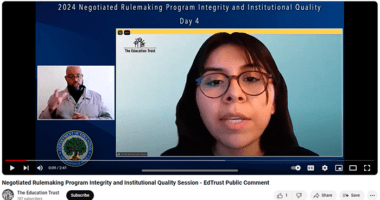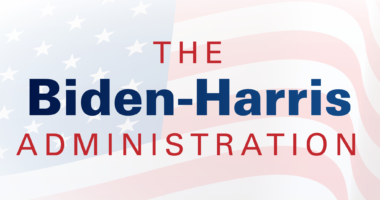Steering Department of Defense Dollars Away From For-Profit Colleges
A new amendment introduced this week seeks to close a funding loophole that many for-profits are taking advantage of — and at the expense of our nation’s service members.
Currently, under what’s known as the “90/10 rule,” for-profit institutions can receive up to 90 percent of their revenue from federal student aid. The other 10 percent is supposed to come from non-federal sources, but the loophole allows for-profits to accept Department of Defense (DOD) military education funds without counting them as part of federal student aid. The new amendment, introduced by Sen. Dick Durbin, D-Ill., would re-define DOD funds so they are included as federal aid. (It closely resembles one that he and Sen. Tom Harkin, D-Iowa, introduced earlier this month.)
For-profit colleges already collect too much of their revenue from federal dollars, which can be damaging both to taxpayers and students. Too many of these schools target students who are highly dependent on federal aid and rarely provide the education and skills necessary to succeed in today’s competitive job market. And these students tend to borrow more and earn less, ultimately making them much more likely than other students to default on their loans. For-profits account for only 12 percent of all college students, yet they account for almost half of all student loan defaults. In short, for-profit programs are running on federal dollars while they’re failing students.
Even more important, Durbin’s amendment to the Defense Department Appropriations Act would also prohibit the use of DOD education funds for marketing and recruiting. Given that for-profits sometimes attract students through misleading advertisements and recruiting tactics, this change would ensure that at least DOD dollars aren’t used to recruit service members under false pretenses. Frankly all federal funding, whether from the U.S. Department of Education or DOD, should not be used to recruit students, let alone to exploit them through deceptive marketing.
Members of the military work hard to protect our country. By supporting this amendment, Congress — in one small way — can help protect them.
This post is written by Abbie Lieberman, a legislative affairs intern at Ed Trust. She is currently pursuing her master’s degree in public policy at Georgetown University.












